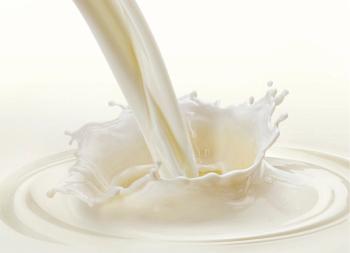
Menatto vitamin K2 gains Non-GMO Project verification, says PLT Health Solutions
The vitamin K2 MK-7 ingredient has been studied in 10 human clinical trials, including studies on bioavailability, bone health, and heart health.
PLT Health Solutions Inc. (Morristown, NJ) reports that vitamin K2 MK-7 branded ingredient Menatto has been certified by the Non-GMO Project verifying the non-GMO nature of its raw material, manufacturing processes, and logistics. Menatto was developed by edible-oils producer J-Oil Mills (Tokyo). PLT introduced it to the U.S. market in March 2022.
“Menatto vitamin K2 is menaquinone-7 (MK-7) made via a natural fermentation process using a bacterial strain of Bacillus subtilis isolated from the traditional fermented Japanese food natto,” says a PLT press release. “Soy protein in the fermentation substrate has been removed in the process of refining vitamin K2 oil, and it is therefore exempt from soy allergen declaration on the label.”
Menatto has been studied in 10 human clinical trials, including studies on bioavailability, bone health, and heart health, the firms say. A three-year, randomized, double-blind, placebo-controlled study showed the ingredient supports healthy bone mineral density in postmenopausal women. Another study in pre-pubescent children found that the ingredient helped ensure proper levels of carboxylated osteocalcin, which regulates healthy bone formation. Another three-year study showed that Menatto supported healthy blood vessel elasticity in postmenopausal women.
Newsletter
From ingredient science to consumer trends, get the intel you need to stay competitive in the nutrition space—subscribe now to Nutritional Outlook.




